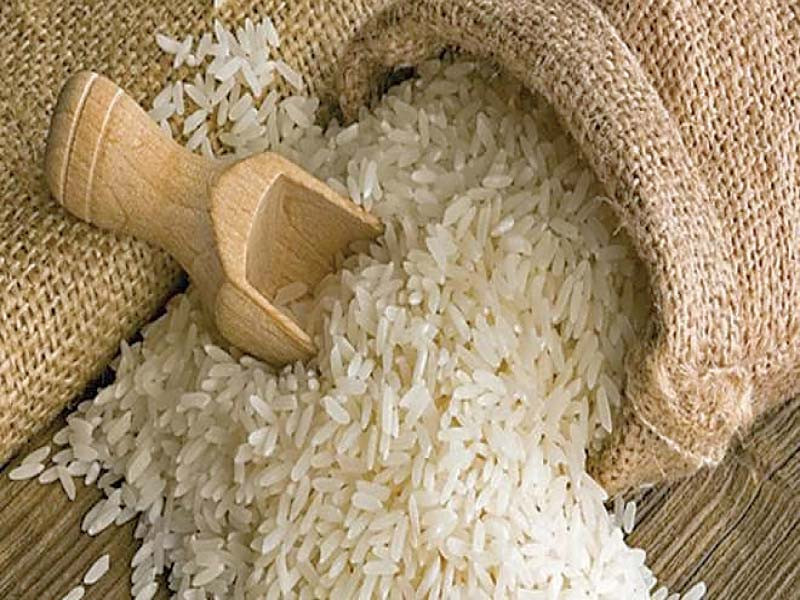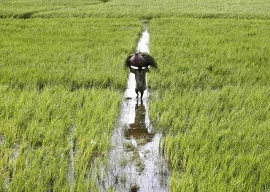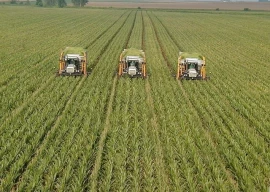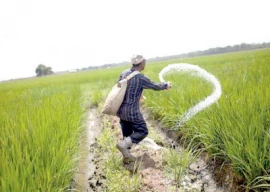
Unquestionably hybrid rice is a model of China-Pakistan agricultural cooperation in Sindh, remarked Zhou Xusheng, Director of Pakistan Business Department, Wuhan Qingfa Hesheng Seed Co Ltd, a Chinese developer and provider of hybrid seeds.
Amidst global headwinds, Pakistani rice is facing a series of challenges.
Rice Exporters Association of Pakistan (REAP) President Chela Ram Kewlani indicated that during the first seven months of FY 2022-23, exports of Pakistani rice decreased by 15.82% year-on-year to $1.08 billion.
The decrease came mainly due to flood damage to paddy fields in Sindh, where rice production decreased by 40%, he added.
Qingfa Hesheng has been providing hybrid seeds of rice, canola and vegetables to Pakistan for nearly 20 years as well as training more than 300 local agriculturalists. It registered the first hybrid rice variety, QY0413, in the history of Pakistan.
“It may take three years for rice export, which is an important means to earn foreign exchange, to recover,” Zhou noted. “However, we have made preparation for such a situation.”
First, the stress resistance of crop varieties should be improved. Second, seed production can be carried out separately in Pakistan and China, spreading risk in the face of extreme weather. Currently, test fields are located in Lahore, Chiniot, Shikarpur and Golarchi.
Annual average temperature here is much higher than that in China’s main rice climate zone. Therefore, in the selection of rice varieties, it is imperative to guarantee the seed setting rate and quality under high temperature.
“It is precisely because of the hot and dry climate in Pakistan that hybrid rice diseases are much less than those in China, such as bacterial blight, but far less hazardous.”
Exports of Basmati rice fell 22.95% to 316,055 tonnes in the first seven months of current fiscal year from 410,207 tonnes in the same period of last year. Similarly, exports of non-basmati rice fell 25% to 1.62 million tonnes, according to the Pakistan Bureau of Statistics (PBS) data.
THIS ARTICLE ORIGINALLY APPEARED ON THE CHINA ECONOMIC NET
Published in The Express Tribune, March 11th, 2023.
Like Business on Facebook, follow @TribuneBiz on Twitter to stay informed and join in the conversation.


1732274008-0/Ariana-Grande-and-Kristin-Chenoweth-(1)1732274008-0-165x106.webp)



















COMMENTS
Comments are moderated and generally will be posted if they are on-topic and not abusive.
For more information, please see our Comments FAQ